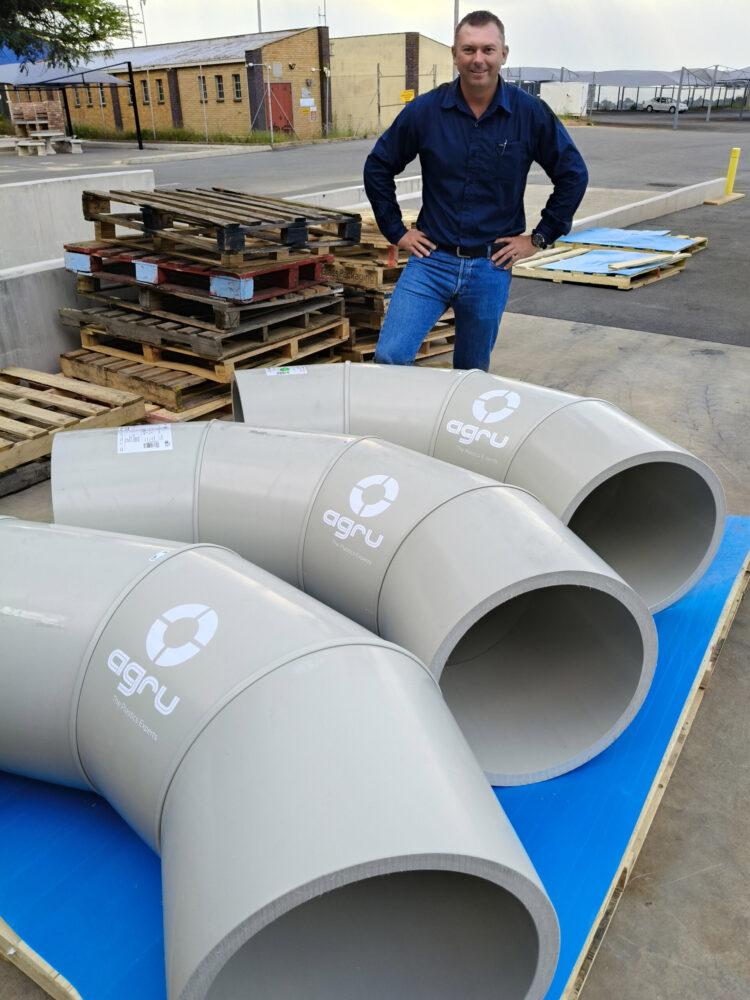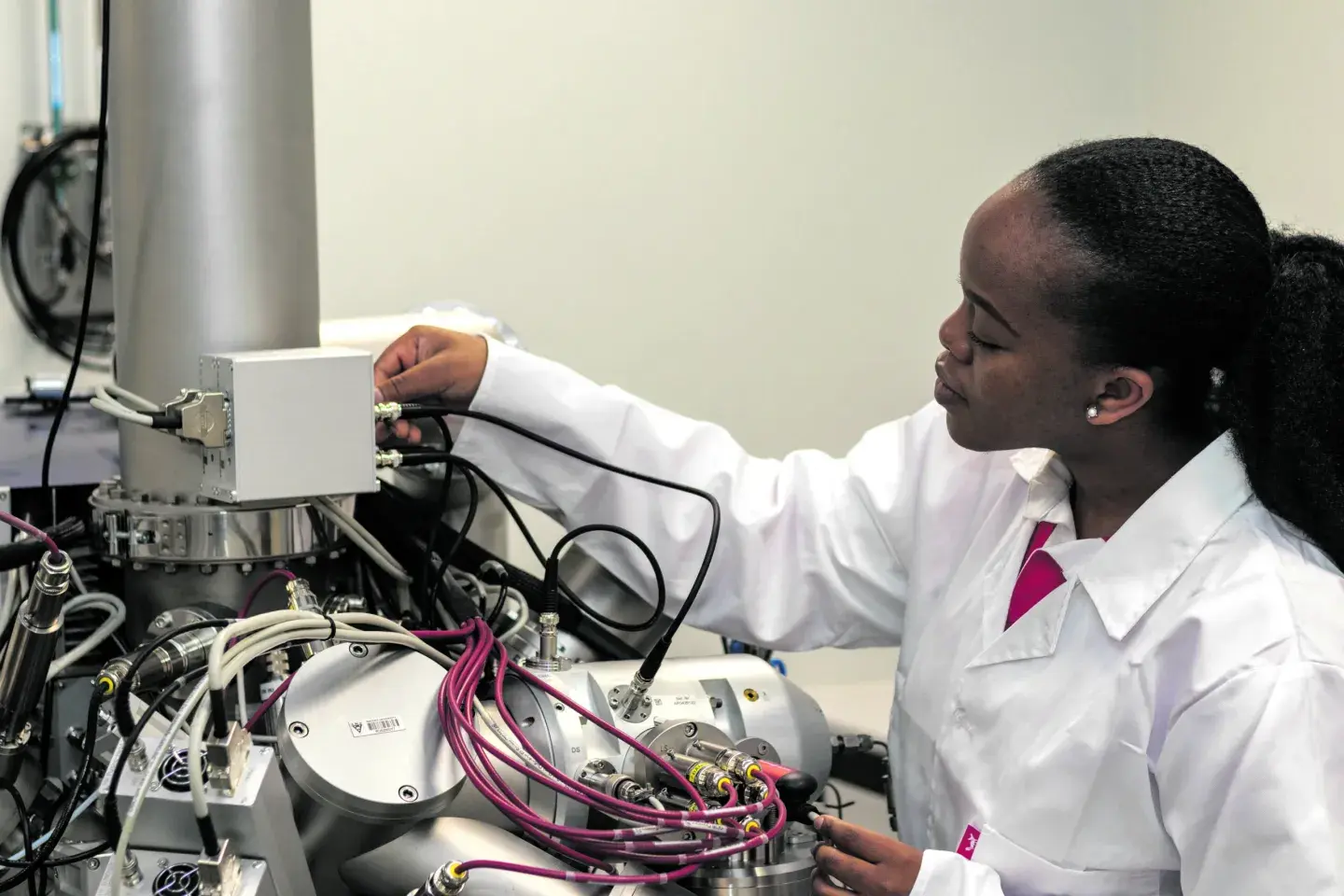Explore Our Bill Payment Services:

- Salary And Allowance
- Engineers Salary
- South Africa
Salary And Allowance Structure Of Software Engineers In South Africa
Software engineering has become one of the most attractive and rewarding professions in South Africa. With the country’s tech ecosystem rapidly growing, skilled engineers are in high demand across industries like finance, e-commerce, telecommunications, and cloud technology. Salaries have steadily increased over the years, and the profession is now among the top-paying career paths in the nation.
The compensation of a software engineer in South Africa is not just about the monthly salary. The package often includes bonuses, commissions, profit-sharing, and a range of allowances that make the total cost-to-company (CTC) package much higher than the basic pay. Factors such as years of experience, specialization, location, industry, and employer type all play crucial roles in determining how much an engineer takes home at the end of the month.
Let’s explore in detail how the salary structure looks across different levels of experience, the effect of location, the additional allowances available, and what top companies like Amazon are offering in the South African market.
Salary by Experience Level (2024–2025)
Entry-Level / Junior Engineers (0–2 years)
Fresh graduates or early career engineers often start on a wide range of salaries depending on qualifications and the type of company they join.
-
Engineers with only a high school qualification may start at around R19,000 per month.
-
Those with an honors degree can start on about R25,000 per month, and in specialized industries such as fintech, entry salaries can climb to nearly R38,000 per month.
-
On average, entry-level salaries fall within the range of R15,000–R35,000 per month.
This means that an entry-level engineer in South Africa can expect to earn between R180,000 and R420,000 annually, depending on their academic background, city, and industry.
Mid-Level Engineers (3–7 years)
Once an engineer has gathered a few years of experience, the jump in pay becomes more significant.
-
Average salaries for mid-level engineers hover around R30,000 to R50,000 per month.
-
In industries like fintech and cloud computing, mid-level engineers can earn between R50,000–R60,000 per month.
-
Overall, mid-level engineers typically earn between R420,000 and R660,000 annually, but in niche areas, this figure can be higher.
Mid-level engineers who continuously upskill in modern tools and frameworks such as cloud architecture, DevOps, and artificial intelligence often stand out and attract higher pay.
Senior Engineers (10+ years)
Senior engineers command impressive salaries, with many also enjoying substantial performance-related incentives.
-
On average, senior engineers take home around R57,500 per month or about R690,000 annually.
-
Engineers with over 20 years of experience may earn as much as R886,000 annually, while those in high-demand areas can exceed R100,000 per month.
-
Some senior roles, particularly in consulting or leadership, even pay above R1 million per year.
This level often comes with additional benefits such as profit-sharing, equity, and other perks.
Average Snapshot Across Levels
-
Junior Engineers: R15k – R35k/month
-
Mid-Level Engineers: R35k – R55k/month
-
Senior Engineers: R60k – R100k+/month
This progression shows a steep salary growth path as engineers move from entry-level to senior roles.
Impact of Location & Industry
South Africa’s tech hubs are not evenly distributed, and location plays a major role in determining salary.
-
Cape Town: Engineers earn an average of around R48,000 per month, with senior developers reaching R65,000–R130,000 per month. Cape Town is one of the most lucrative cities for software engineers, especially due to the presence of fintech companies and startups.
-
Johannesburg: Salaries average about R44,000 per month, with senior engineers earning between R700,000 and R1 million annually. Being South Africa’s financial hub, Johannesburg is another hotspot for high-paying tech jobs.
-
Durban: Engineers in Durban take home an average of R47,000 per month, making it another strong city for tech careers.
-
Pretoria and Centurion: Salaries here average around R46,000–R59,000 per month.
Industry matters as well. Fintech companies pay higher salaries compared to other sectors, with junior roles starting at R38,000 per month and senior positions easily surpassing R100,000 per month. Cloud technology and consulting also stand out as high-paying industries.
Allowances & Total Compensation Structure
The real financial benefit of being a software engineer in South Africa extends far beyond the basic salary. Many companies add allowances and perks that significantly increase the total package.
Common Allowances and Benefits
-
Bonuses
-
Range from R6,000 to R75,000 annually, depending on company performance and the engineer’s contribution.
-
Can be prorated or awarded as a full 13th-month salary.
-
-
Profit Sharing
-
Some companies share profits with engineers, ranging from as little as R1,000 up to R158,000 annually, particularly for senior roles.
-
-
Commissions
-
For engineers working closely with sales teams or in client-facing roles, commissions can add R15,000 to R281,000 annually.
-
-
Insurance
-
Employer-sponsored packages often include health, dental, life, or hospital insurance.
-
-
Retirement Benefits
-
Pension or provident fund contributions are standard in many companies, especially for mid-level and senior roles.
-
-
Mobility Perks
-
Engineers may get a company car, fuel card, or transport allowance.
-
-
Meal Vouchers
-
Some employers provide daily allowances for meals, especially in large organizations.
-
-
Extra Leave
-
Beyond statutory leave, some companies give enhanced annual leave or flexible working policies.
-
-
Stock Options & Equity
-
Larger firms, especially multinationals, provide stock options or restricted stock units (RSUs) as part of the package.
-
Anecdotal Examples
-
Graduate engineers at some of the big banks earn between R25,000 and R35,000 per month.
-
Interns have reported earnings of R12,500 per month, with full-time roles offering more.
-
Some remote positions offer between R65,000 and R95,000 per month for engineers in Cape Town.
-
A mid-level backend engineer reported additional benefits such as a company car, meal vouchers, hospital insurance, and 13th-month pay.
Deep Dive: Amazon as a Benchmark
Global companies like Amazon set the tone for competitive compensation. In South Africa, Amazon provides structured packages that combine base salary, stock, and bonuses.
-
L4 (Entry-Level Engineer): Around R869,000 annually (Base: R708k + Stock: R134k + Bonus: R26.8k).
-
L5 (Mid-Level Engineer): Around R1.31 million annually (Base: R1.05m + Stock: R260k).
-
L6 (Senior Engineer): Around R2.02 million annually (Base: R1.24m + Stock: R775k).
This demonstrates how multinationals bundle equity and bonuses into their total compensation to retain top talent.
Structural Breakdown of Total Compensation
To better understand how engineers are compensated, here’s what a typical package looks like:
| Component | Description & Estimated Range |
|---|---|
| Base Salary | Entry: R15k–R35k, Mid: R35k–R55k, Senior: R60k–R100k+ |
| Bonuses | R6k–R75k/year, sometimes structured as 13th month pay |
| Profit Sharing | R997 up to R158k/year |
| Commission | Up to R281k/year for eligible roles |
| Stock/Equity | Significant in MNCs; e.g., Amazon senior roles ~R775k RSUs/year |
| Insurance Benefits | Health, dental, hospital, life insurance |
| Mobility Budget | Fuel card, company car, or transport subsidy |
| Meal Vouchers | Daily allowance in larger organizations |
| Retirement Savings | Pension or provident fund contributions |
| 13th Month Pay | One extra month’s salary as a bonus |
| Extra Leave | Enhanced annual leave or flexible time-off policies |
Conclusion
The salary structure of software engineers in South Africa reflects a profession that rewards both skill and persistence.
-
Steep Growth Path: Moving from junior to senior levels can increase salaries by three to five times.
-
Location Advantage: Cities like Cape Town and Johannesburg pay more compared to smaller towns.
-
Industry Power: Specializations in fintech, cloud technology, DevOps, and AI pay top dollar.
-
Beyond Base Salary: Allowances, equity, and bonuses can sometimes double an engineer’s take-home value.
-
Negotiation Matters: Knowledge of market standards empowers engineers to negotiate better packages.
In South Africa’s thriving tech sector, software engineers are among the highest earners. Entry-level engineers can start at around R200,000 per year, while seasoned professionals can cross R1 million annually, especially in high-demand sectors or multinational firms.
When you factor in allowances, bonuses, and benefits, the profession becomes even more lucrative. For engineers planning their career path, the message is clear: keep learning, specialize in growing fields, and don’t underestimate the power of negotiation.
Software engineering in South Africa is not just a job—it’s a career path filled with opportunities, financial growth, and long-term security.









